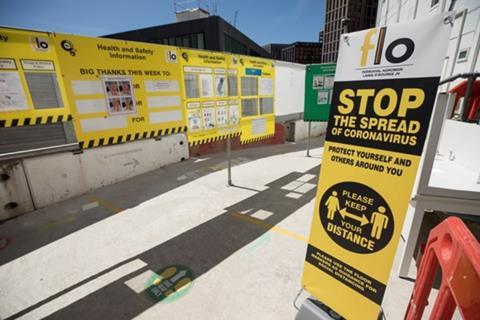The transport body has been in long-term negotiations with the government to secure funds after its income was slashed as passengers stayed away from the network because of the covid-19 pandemic.
In the past year TfL has reached a number of temporary funding deals with central government, with the first of these leading the London transport authority to put plans for Crossrail 2 and extending the Bakerloo line on the backburner.
Now TfL has confirmed that the government has agreed to provide at least £1.08bn for the seven months to 11 December, with the possibility of this increasing to £1.78bn if income from passengers is lower than forecast.
But TfL will have to repay some of the £1.08bn if income is higher than expected.
Like the previous deals, the funding relies on TfL cutting costs, with the organisation saying it will need to find £900m of savings, in addition to the £730m of savings it had already budgeted in its business plan.
As part of this, it will revise its medium-term capital works programme. Details of this new plan and which project will be affected, will be agreed with the government as part of its 2021 spending review later this year.
In addition to the capital spending review, TfL has also committed to finding up to £1bn of new income per year from 2023, to set up a dedicated commercial property company to deliver new housing, and to work with the Department for Transport to introduce driverless trains on the London Underground.
The government has also agreed to fund around a third of the expected £40m cost of repairing and strengthening Hammersmith Bridge which has been closed since August last year.





























No comments yet